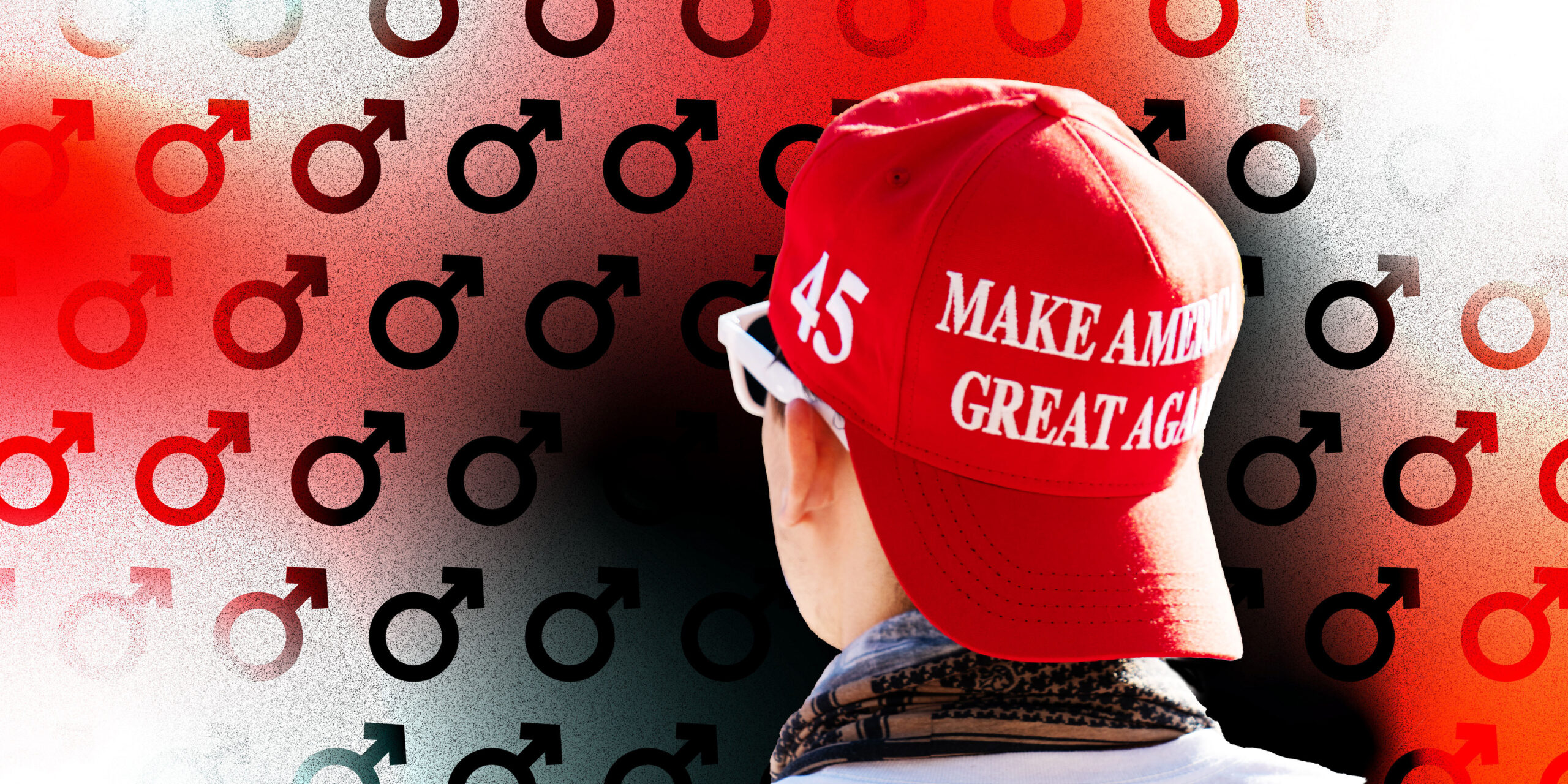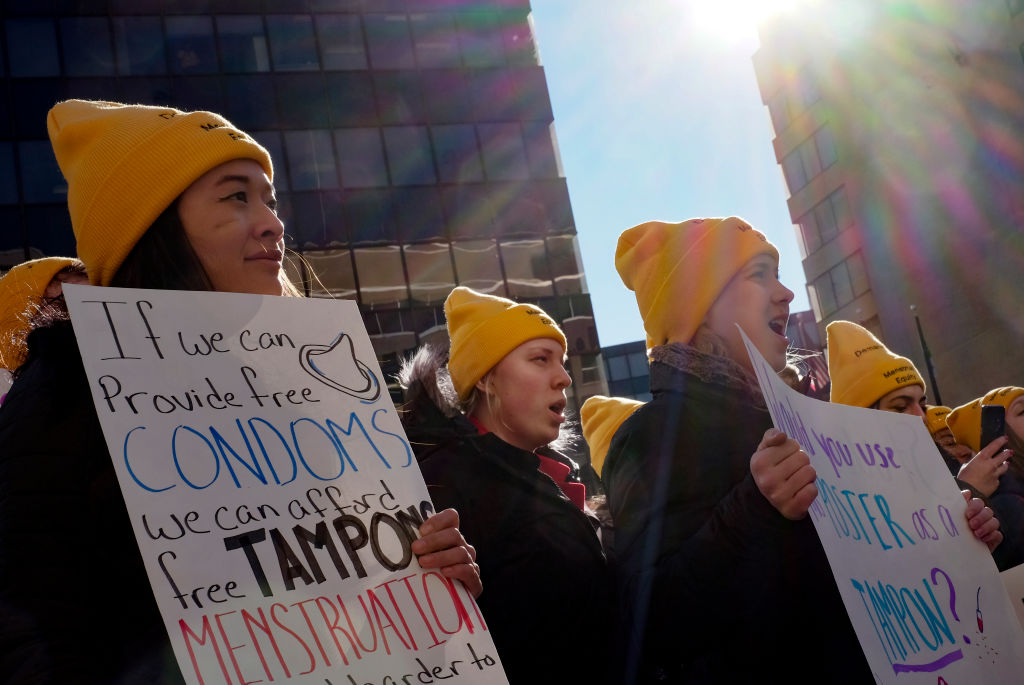
Why Are Young People Everywhere So Unhappy?
May 1, 2025
Male supremacists entrench ideas in Trump White House
May 1, 2025Using menstrual education to boost birth rates isn’t empowerment—it’s exploitation dressed up as policy.
Menstruation is natural. Bleeding every month isn’t a political act. And yet—somehow, it often ends up as one. From tampon taxes to “Tampon Tim,” to now being name-dropped in federal proposals to boost fertility rates, periods are weaponized by the powers that be.
The Trump administration’s latest pronatalist agenda includes a pitch for government-funded menstrual education. At first glance, this sounds like a step in the right direction: Actual, factual education about menstruation would be a meaningful reform in a country where shame and misinformation still reign supreme.
But this isn’t just about education. It’s about control.
The motivation behind this “health initiative” is to push up the birth rate and spur reproductive output, not to advance rights. Menstrual cycles churning the national economic policy gives off serious Handmaid’s Tale energy.
Something as fundamental as menstrual literacy is being twisted into a social engineering experiment. You can’t fight for real equity, while cutting access to birth control or defunding women’s health services. You can’t claim to care about education, while promoting fertility-tracking apps as a replacement for full-functioning contraception. That’s not empowerment—it’s gaslighting.
Menstrual education is vital. But it needs to be rooted in autonomy, inclusivity and science—not in some patriarchal fever dream of repopulating the country.
At feminist-focused menstrual equity organizations like the Desai Foundation, transformative menstrual health programs that impact women’s health, dignity and independence are not about controlling bodies or pushing a fertility agenda, but rather giving people tools to understand and navigate their own health.
And while the U.S. has made progress in tackling menstrual stigma and inequity, we’re still facing major setbacks. One in three adults struggle to afford period products, making it clear that period poverty is still rampant in the country with the highest GDP in the world. Trans and nonbinary people are left out of most conversations. And we still have state laws like those in Florida, where young students are banned from talking about their periods in school.
Before turning to public incentives to influence private decisions, we should be asking how we might better support menstrual access and equity. That starts with accessible period care, science-based education and policies that center autonomy and care—not control. And maybe, just maybe, trust people to decide when, how and if they want to have children.
Great Job Colby Siegel & the Team @ Ms. Magazine Source link for sharing this story.





